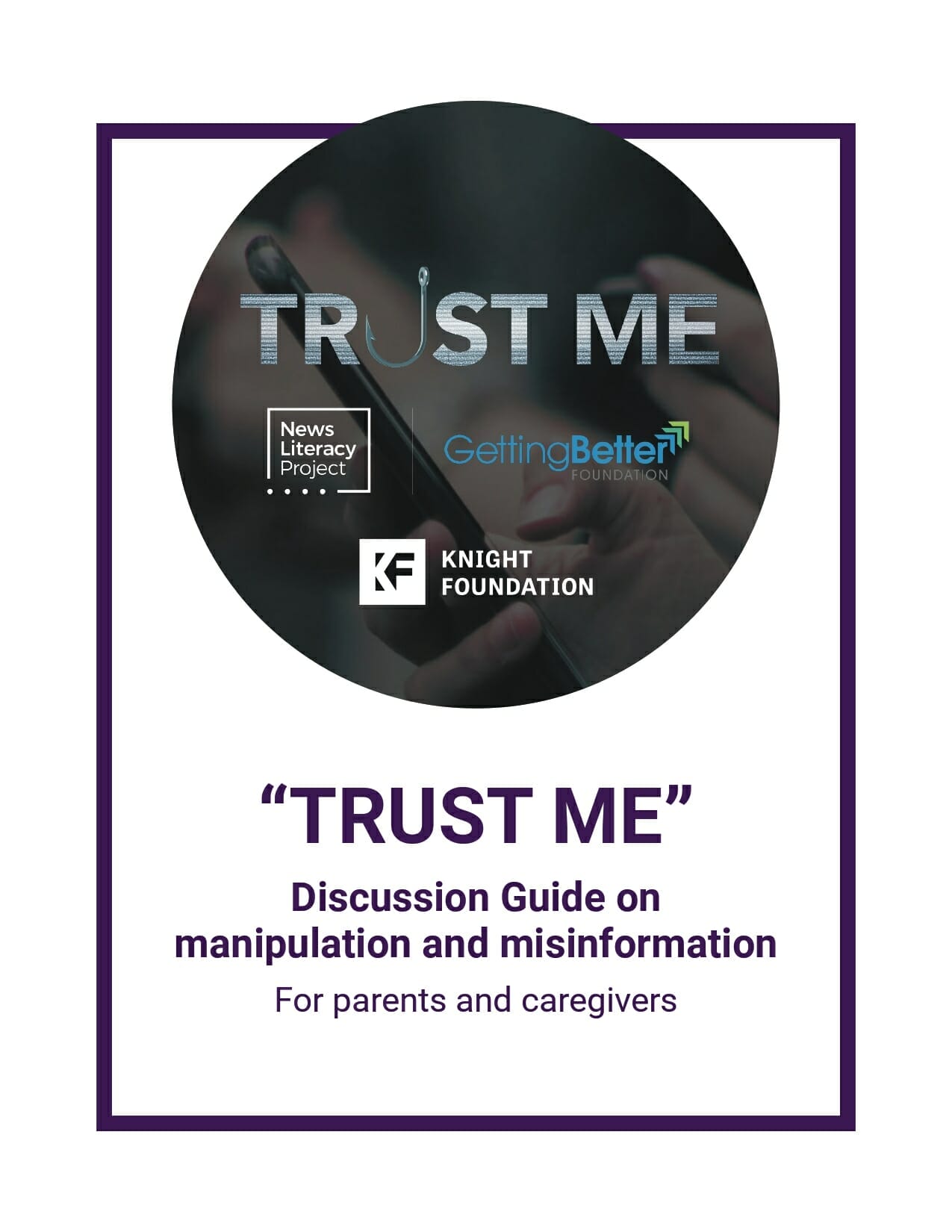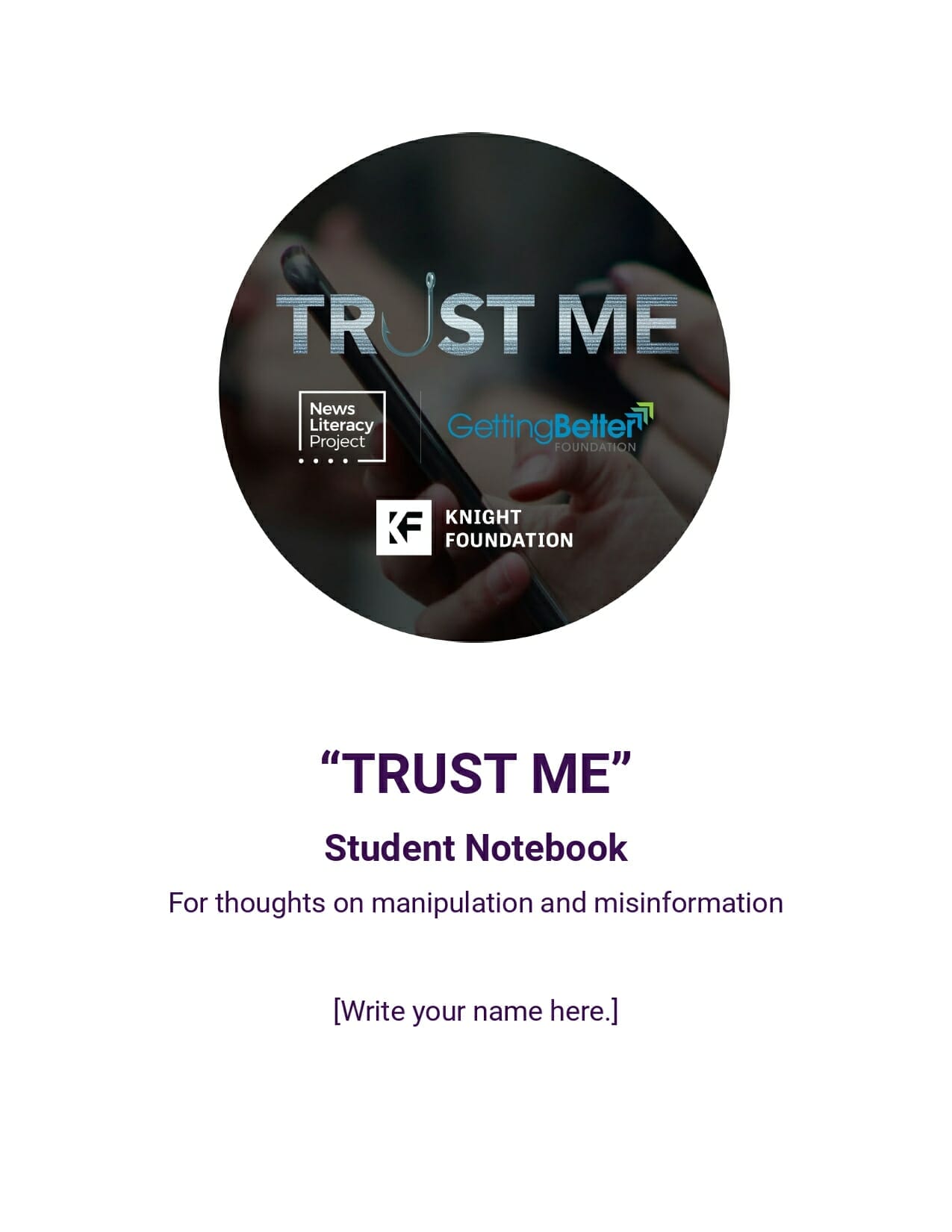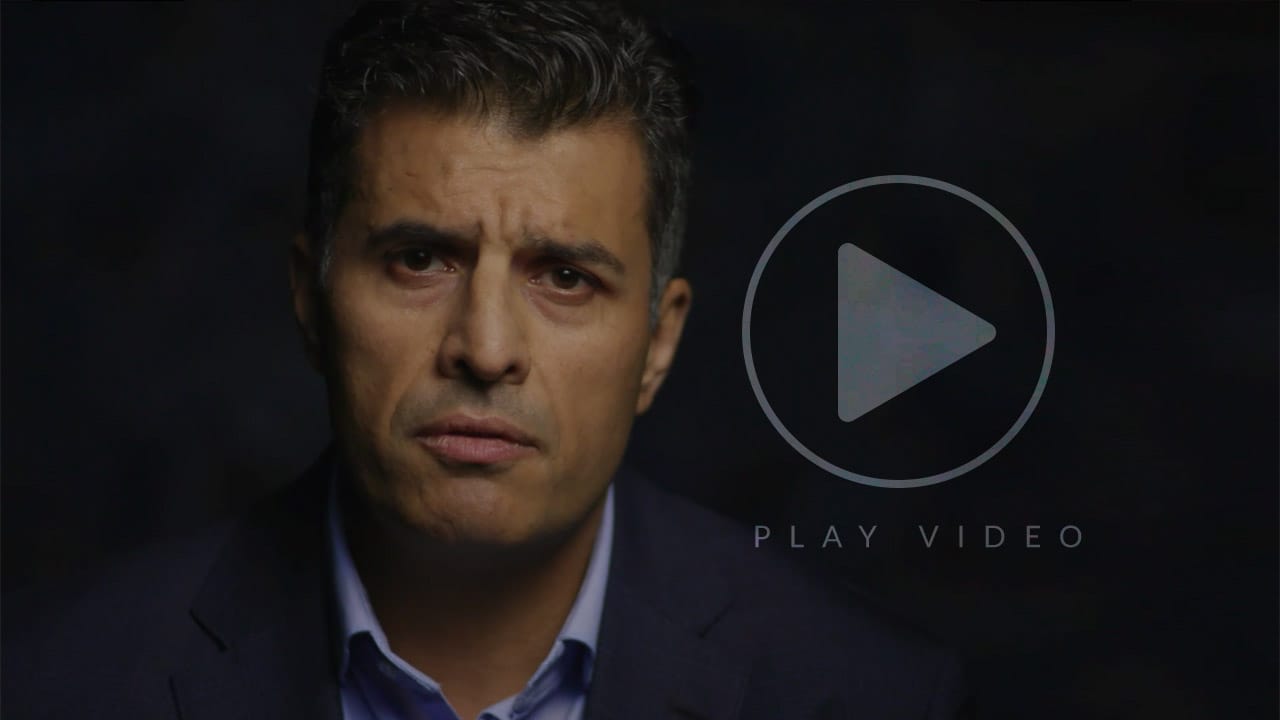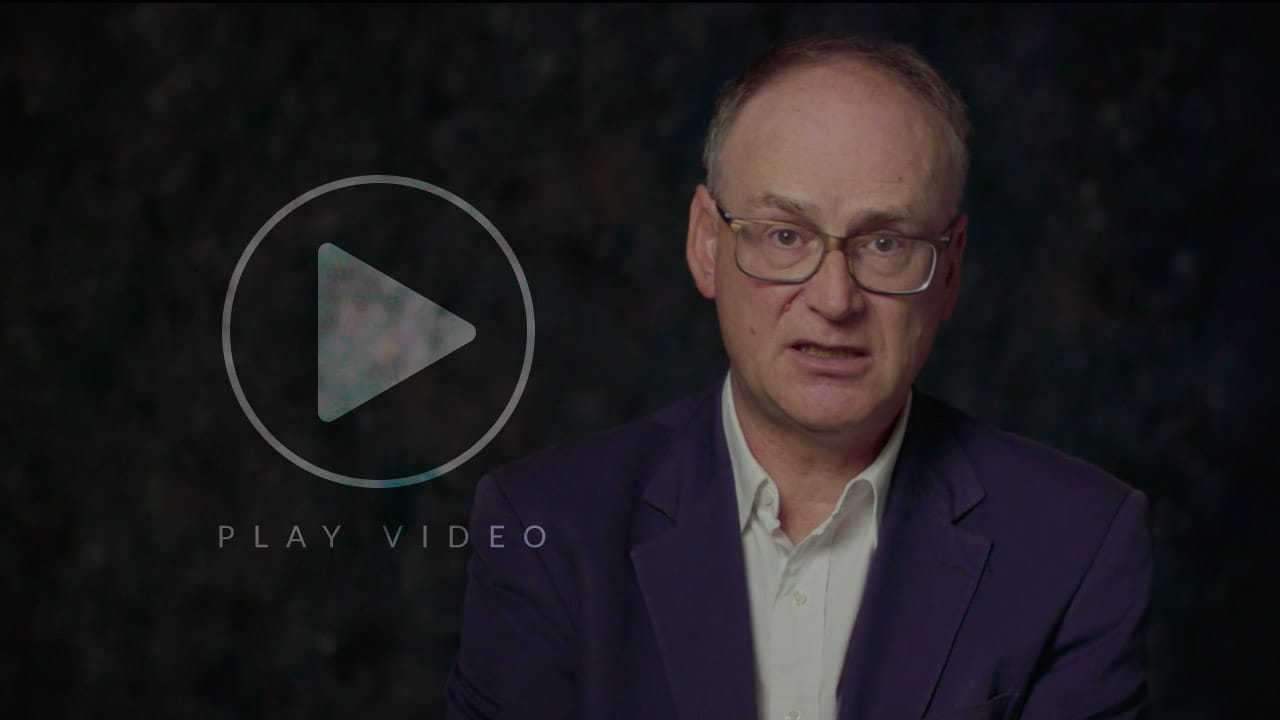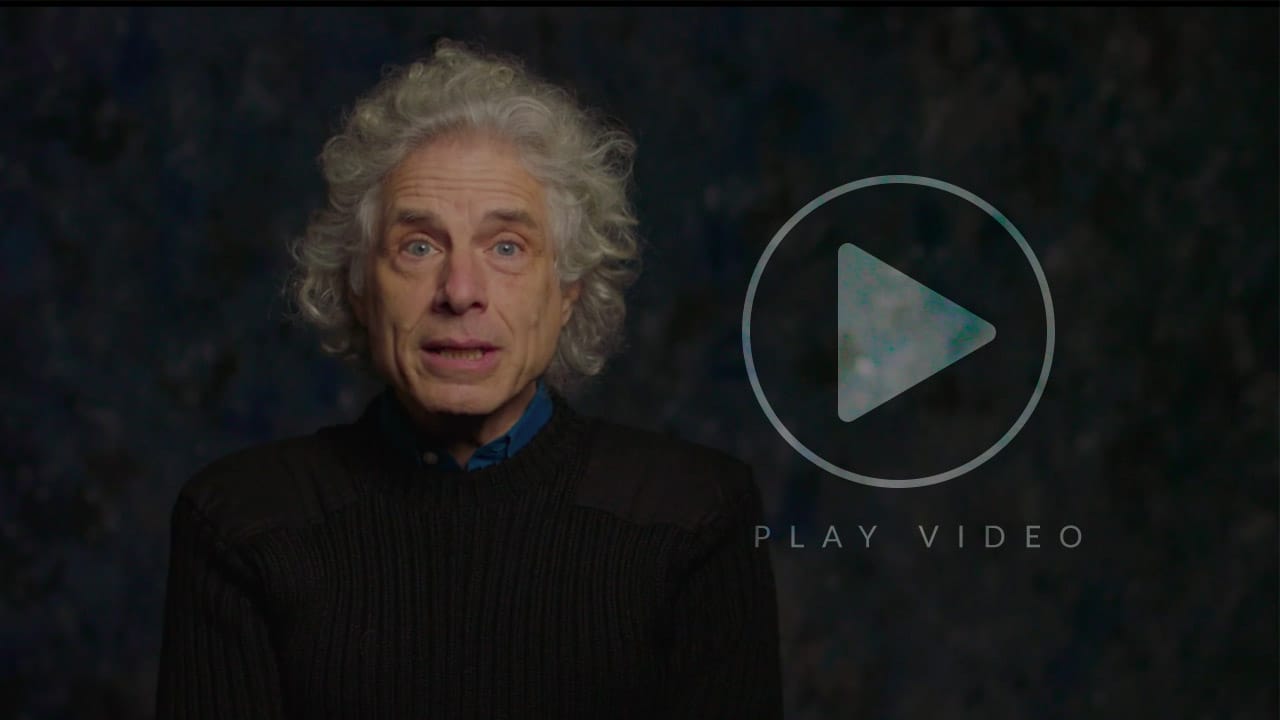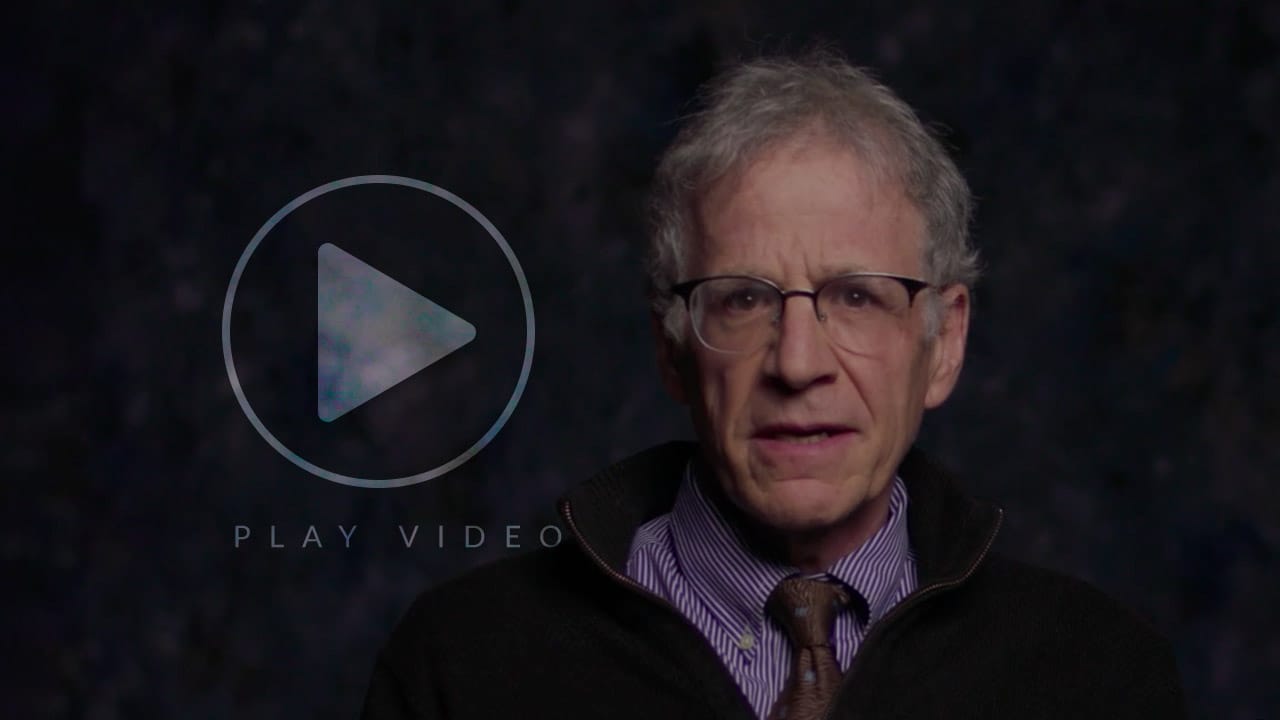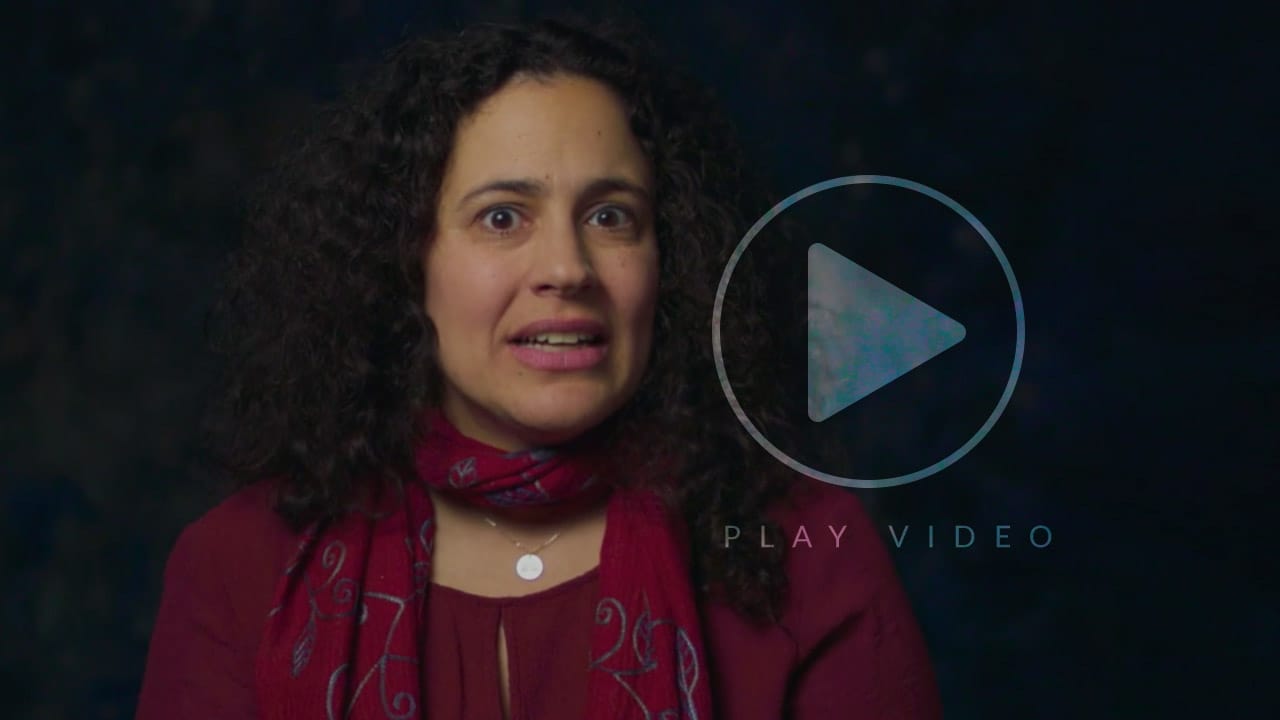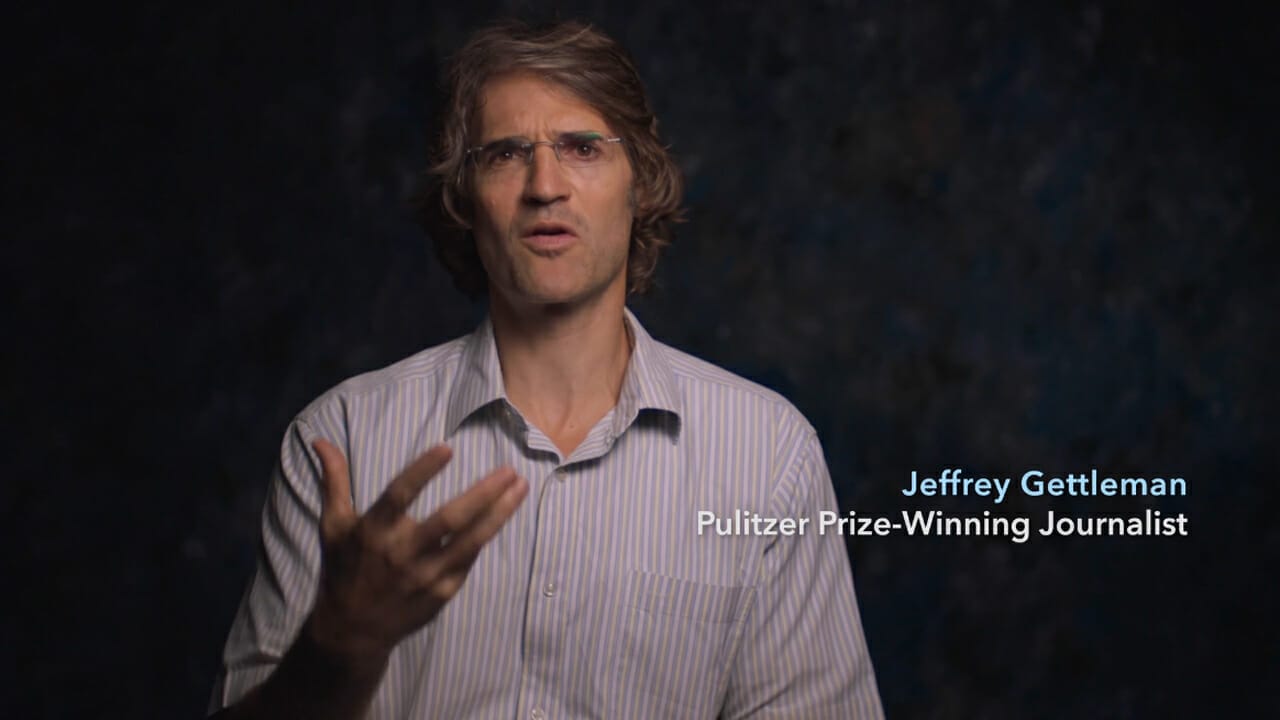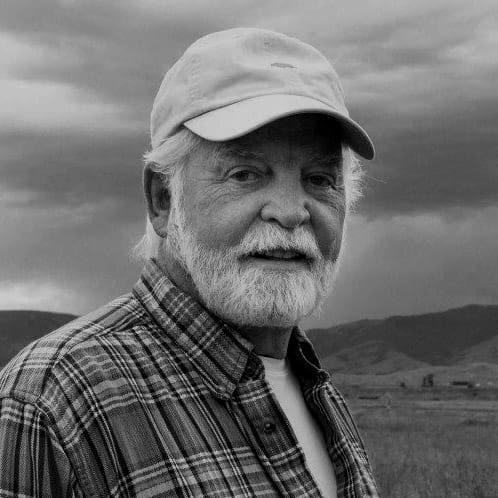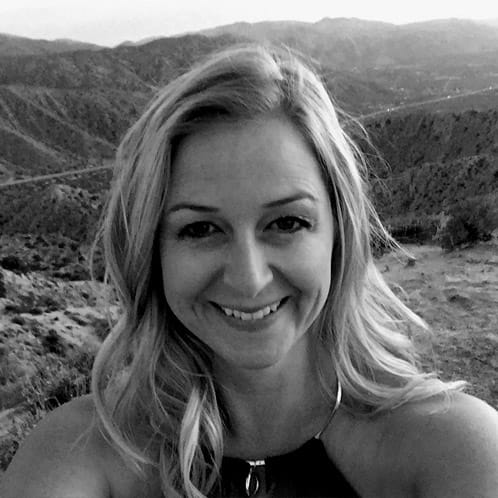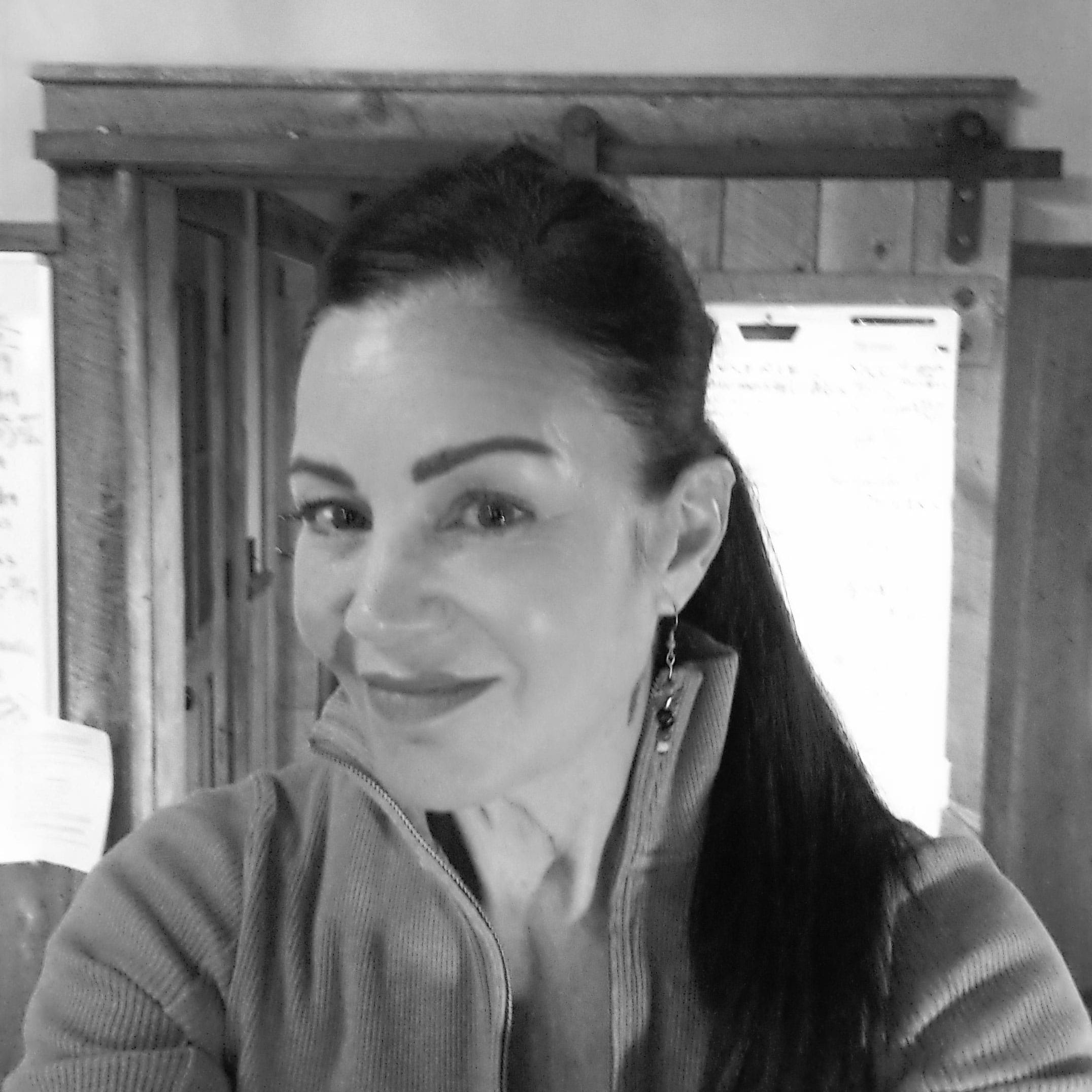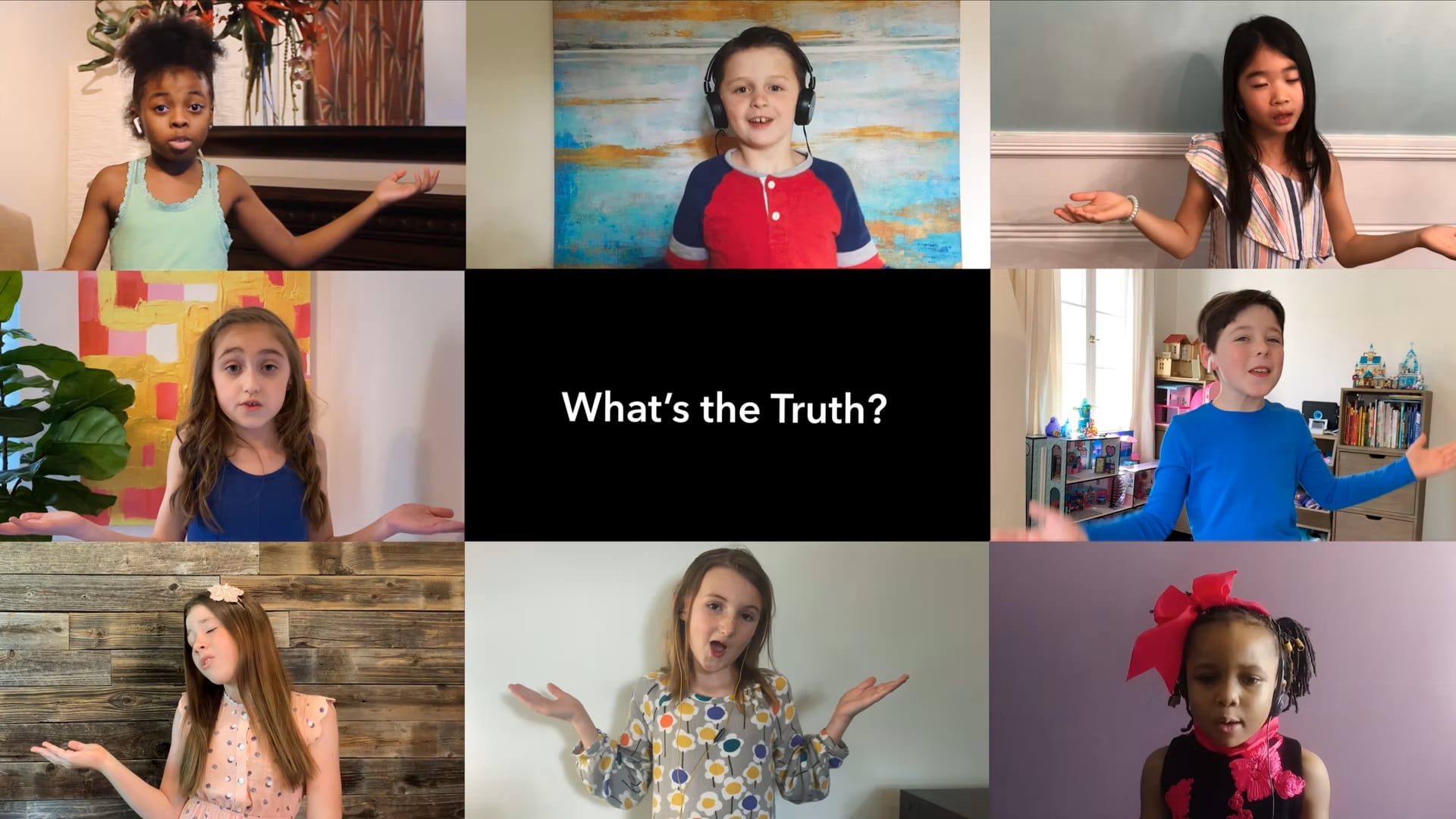
Winner of the UNESCO Award for Media Literacy in North America
Watch Trailer
Trust Me Academy film & educational program via:
Host a Screening
Sign-up to host a screening and become the event promoter by submitting this form. You can also request to host a screening by calling or emailing us.
- To encourage screenings and discussions, your organization will receive 50% of ticket revenue from your screening!
- We will provide PDFs of posters, invitations, email and social media templates to help you build an audience for your screening.
- We have partnered with Eventbrite to make hosting your screening as easy as possible.
Q&A WITH FILMMAKERS
Contact us for details about In-person or Online Q&A’s with the Filmmakers.
EMAIL US
info@gettingbetterfoundation.org
CALL US
+1-989-370-2777
SCREENING REQUEST
Reviews
“We must prepare young people for living in a world of powerful images, words and sounds.”
UNESCO, 1982
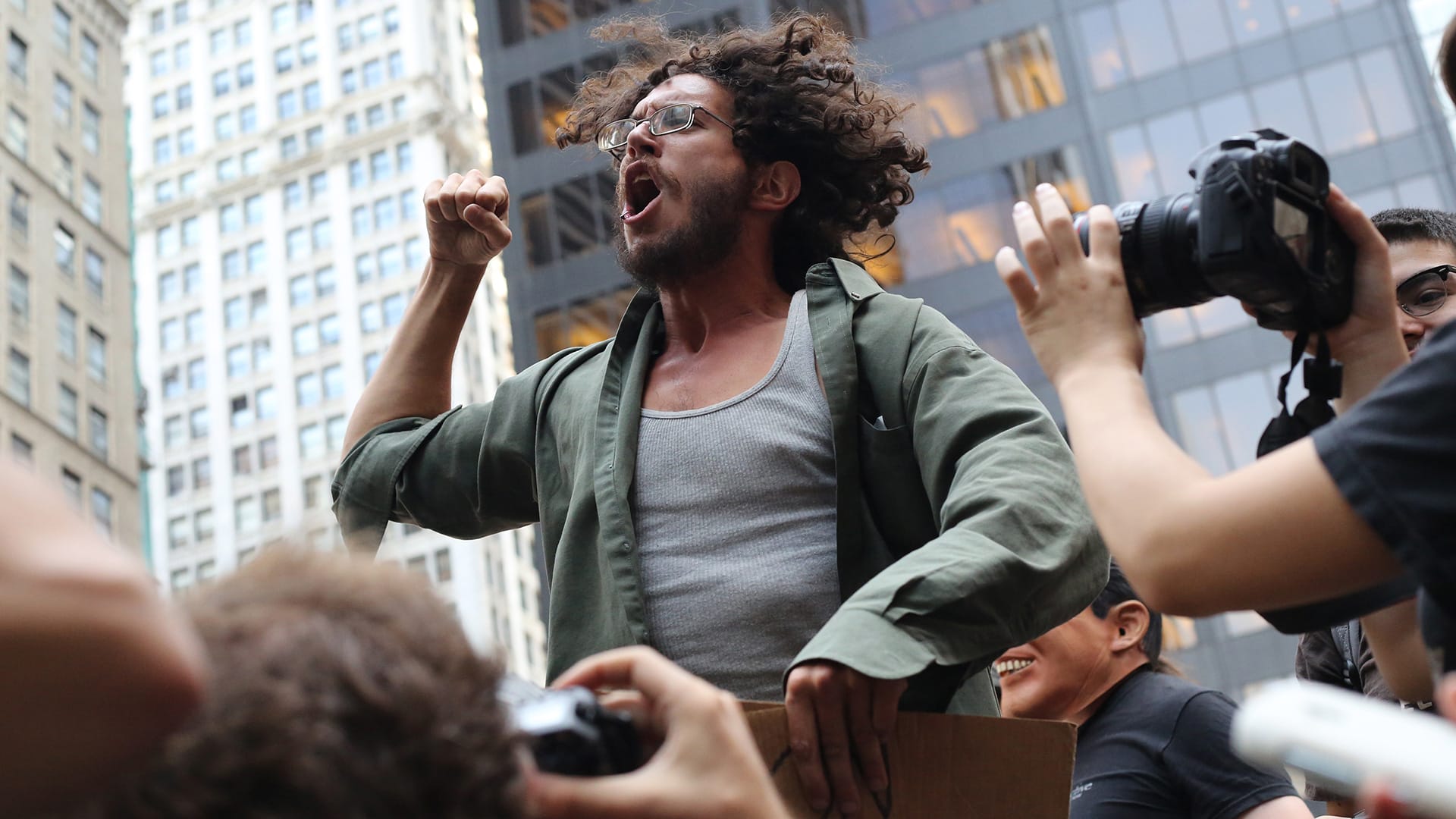
About The Documentary
Trust Me is a feature-length documentary exploring human nature, information technology, and the need for media literacy to help people trust one another, bring them together and create a more resilient population.
Trust Me is a documentary film that shows how an avalanche of negative news and mis-information is making us all terrified of the world. This has led to mistrust of others, which further leads to racism, polarization, mental health disorders and even crime.
Sensational media take advantage of our survival instincts to earn more clicks and ad revenue with scary and shocking headlines – many of which aren’t even true – and we’re enabling them each time we share. When our fear goes up, our trust comes down. When people don’t trust each other, they don’t help each other and progress stalls. We become farther apart.
Trust Me covers emotional stories, interwoven with science and expert interviews to show us where the world really stands and the right way to consume and share media.
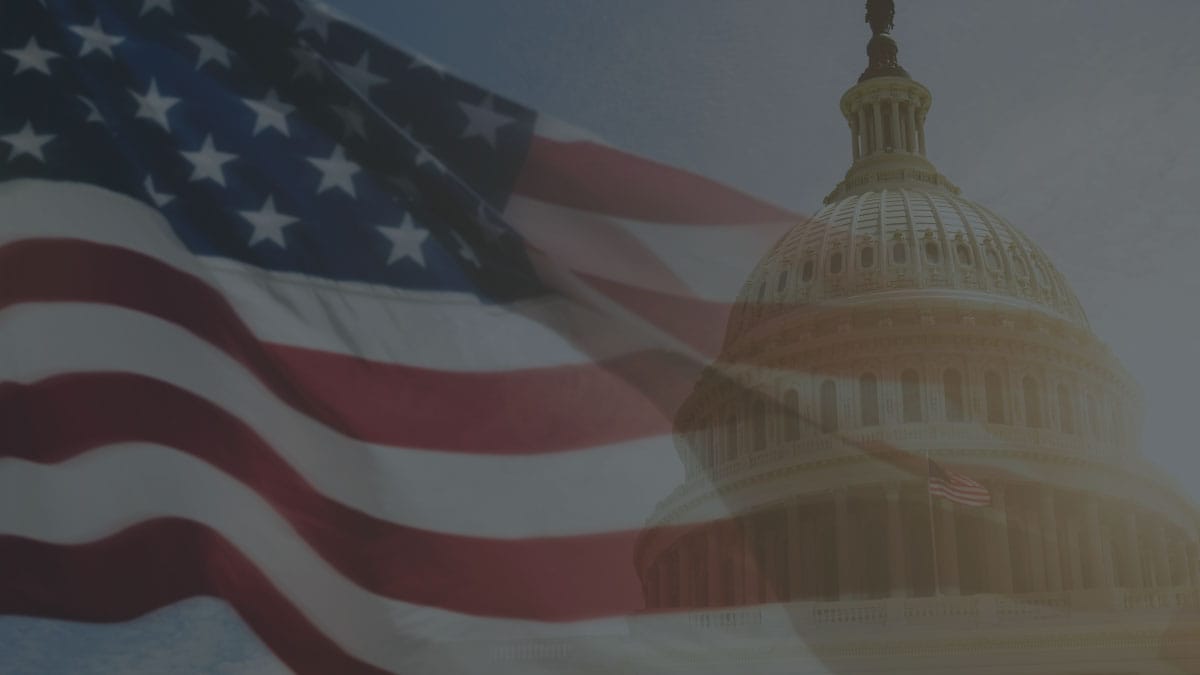
Russian Trolls/ISIS
Meddling from foreign governments polarizes communities

New Zealand
Misinformation about vaccines leads to a near-death experience
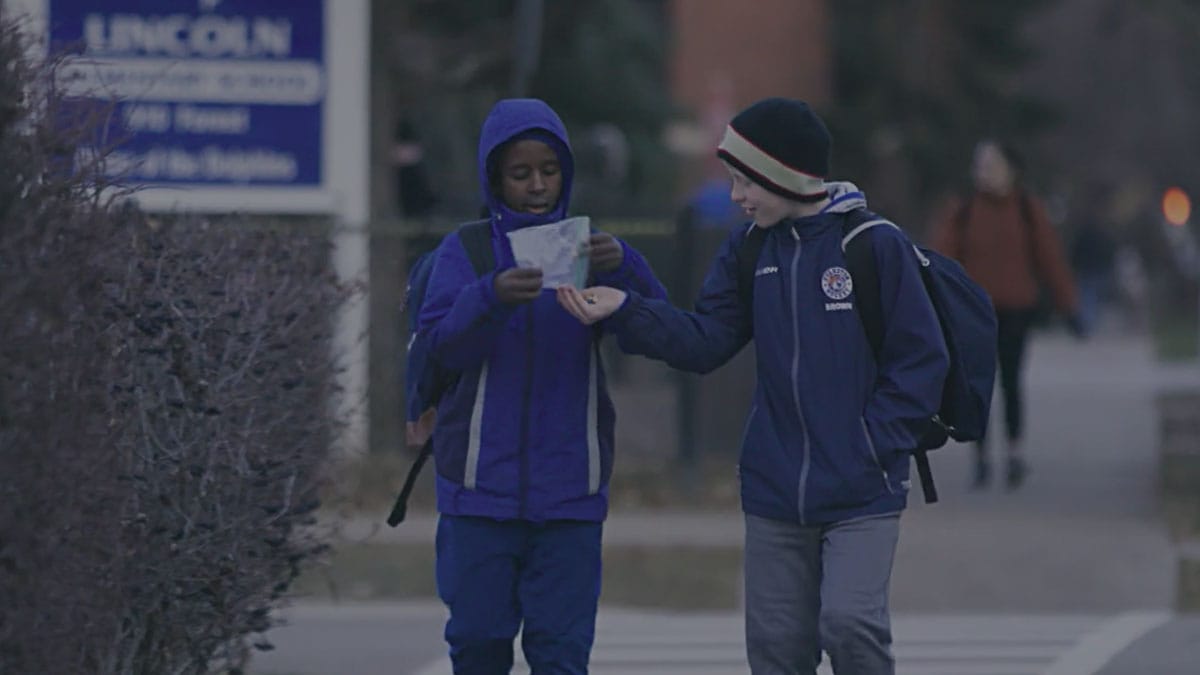
Chicago, USA
Over-protective parenting robs children of healthy experiences
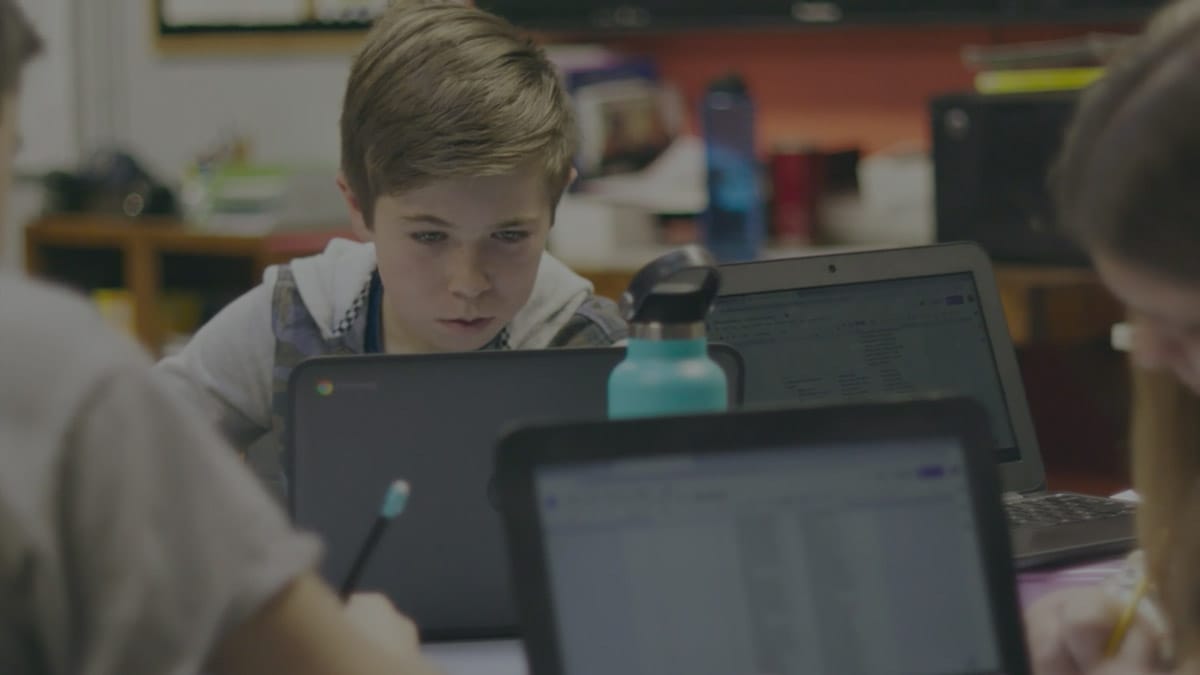
Durango, USA
Screentime vs. mental health in middle school
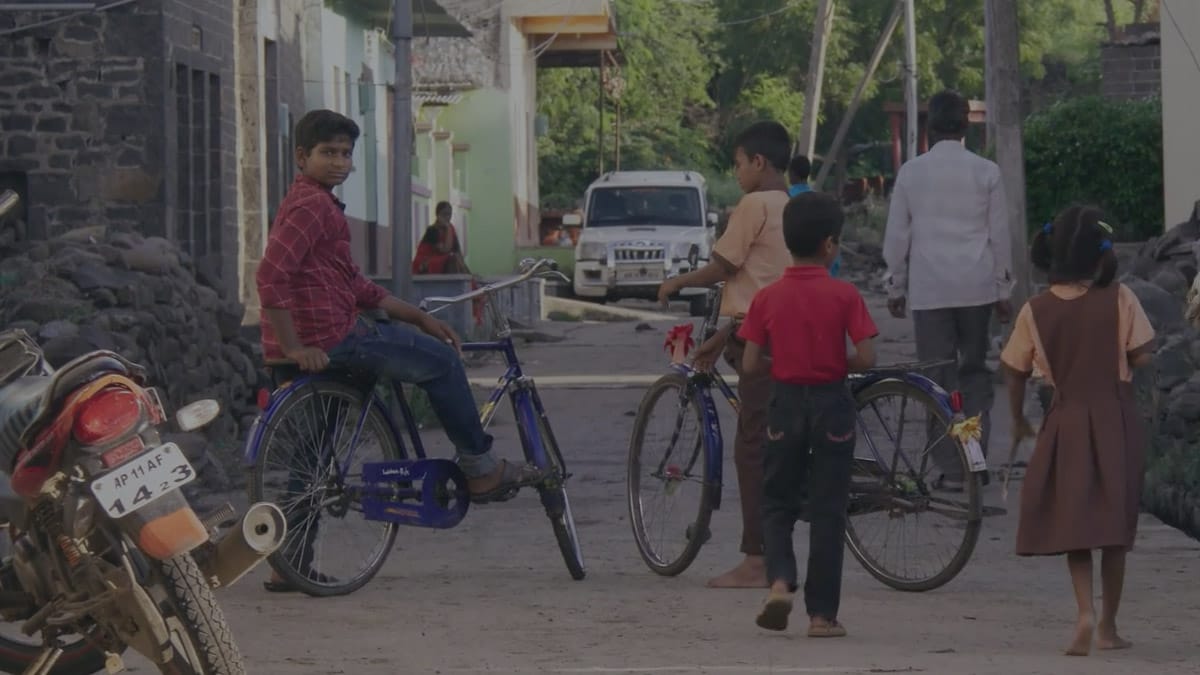
India
Lynching resulting from encrypted WhatsApp
Meet The Experts
Jad Melki
Associate Professor of Journalism & Media, Lebanese American University
Michelle Ciulla Lipkin
Executive Director – National Association for Media Literacy Education
Sherri Hope Culver
Associate Professor, Temple University. Director – Center for Media and Information Literacy
Filmmakers
Additional Crew
Omid Heidari
Field Producer
Sarah Villareal
Archival Producer
Tammy Chu Tolle
Archival Producer
Julianne Grossman
Narrator
Alex Palmer
Post Prod Supv & 1st Asst Ed
Valarie Barsky
Clearance Supervisor
Matt Clarke
Cinematographer
Alison Lee
Production Manager
Kyle Morrison
Assistant Editor
Brit Williams
Archival Producer
Ryan Taubert
Original Music
Relja Penezic
Motion Graphics
Music
Filmed and recorded during COVID-19, parents from all over the United States coached and filmed their kids singing our original musical score from Trust Me. Score written by Michael R. Martin.
Musicians
Petition to Get Media Literacy into Schools
To be delivered to the United States Department of Education, Governors of the 50 United States, the U.S. Congress and Senate:
“We, the People, call upon Government, Journalists and Educators to help us rid the airwaves, internet and news outlets of mis– and dis-information from irresponsible media sources. The first step is to prepare the citizenry to evaluate the validity of messages and sources by supporting media literacy and testing for K-12 education, university and journalistic curriculums.
The high state of fear generated by media coverage which is unbalanced (biased toward the bad news) and sometimes erroneous, drives up unnecessary fear in our country, which, in turn drives down trust. When we trust one another, we’re more apt to help each another. Fear can also lead to feelings of helplessness which damages mental health. By closing the perception gap between the actual and the perceived state of the world, we believe depression, anxiety, illegal drug use and suicidal ideology will decline. We believe progress in solving the big problems of the day will move forward at a higher rate.”


